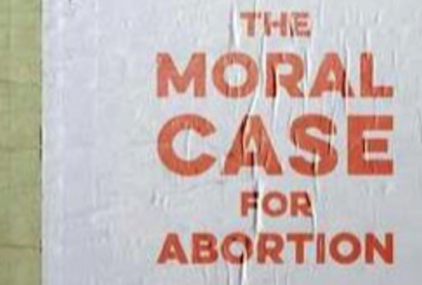
AIDS politics: Institutionalization of Solidarity, Exclusion of Context
This timely book, authored by Hakan Seckinelgin (London School of Economics and Political Science), looks critically at the policy response to AIDS and its institutionalization over

LGBTI Rights in Turkey and Recommendations
Originally published at Kaos GL The book Situation of LGBTI Rights in Turkey and Recommendations including the articles of six experts major in different disciplines

Sex work at the Olympics Games: report
Originally from Prostitution Policy Watch ——————- Once again, Rio de Janeiro has hosted a sporting mega-event, this time the 2016 Olympic and Paralympic Games. And once

Report on sex work activism
The International Committee on the Rights of Sex Workers in Europe (ICRSE) has launched its 2015 report that offers detailed description about its campaigns, resources,

No Turning Back
The six case studies presented in this publication—in Kenya, Kyrgyzstan, Ukraine, South Africa, and Zimbabwe—offer a look at real-life sex worker–led programming that has reduced police abuse, health risks, and other adverse impacts of bad laws and law enforcement on sex workers

UN SOGI Expert: Process, Results and Implications
The defining event of the 32nd Session of the Human Rights Council was the passing of the resolution appointing an Independent Expert on Sexual Orientation and Gender Identity.

IACHR’s Report “Violence Against LGBTI Persons in the Americas”
The IACHR just launched the English version of the report “Violence Against LGBTI Persons”. In this Report, the Commission focuses on violence against LGBT persons
The Moral Case for Abortion
This book sets out the ethical arguments for a woman’s right to choose. Drawing on the traditions of sociological thinking and moral philosophy, it maintains that there is a strong moral case for recognizing autonomy in personal decision-making about reproductive intentions. More than this, it argues that to prevent a woman from making her own choice to continue or end her pregnancy is to undermine the essence of her humanity.
South Africa: Police Abuse of Sex Workers
The Women’s Legal Centre has published their report on Police Abuse of Sex Workers in South Africa. Their report shows that 414 sex workers reported various types of violence perpetrated by police between 2011 and 2015. Of those, 13 were sexually assaulted, 71 were physically assaulted, 152 were verbally assaulted, 192 were harassed, and 254 experienced some other form of abuse.

Report: The Growing Movement Advancing the Human Rights of Intersex People
The Astraea Lesbian Foundation for Justice has launched the report We Are Real: The Growing Movement Advancing the Human Rights of Intersex People. Available in English,


